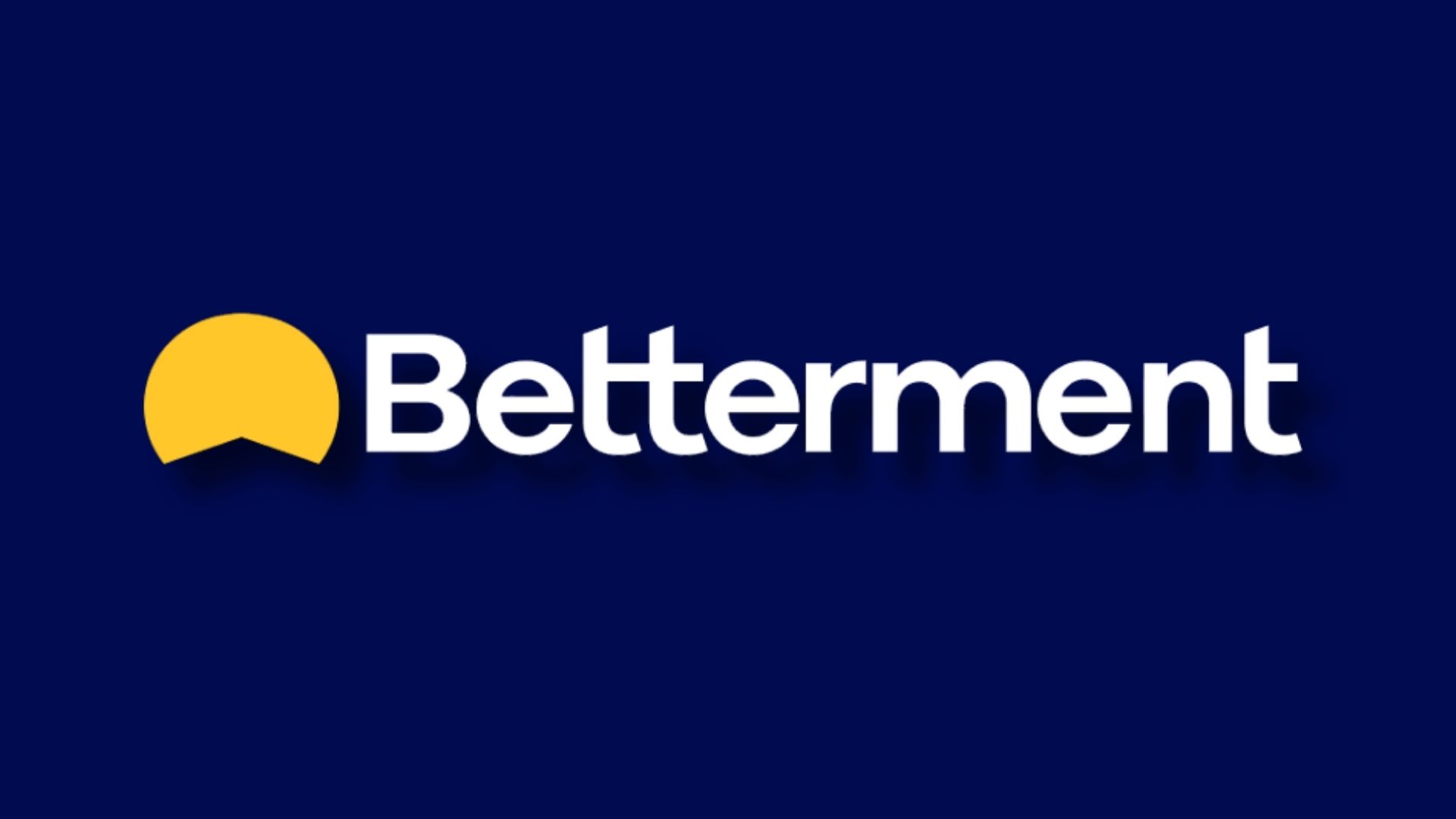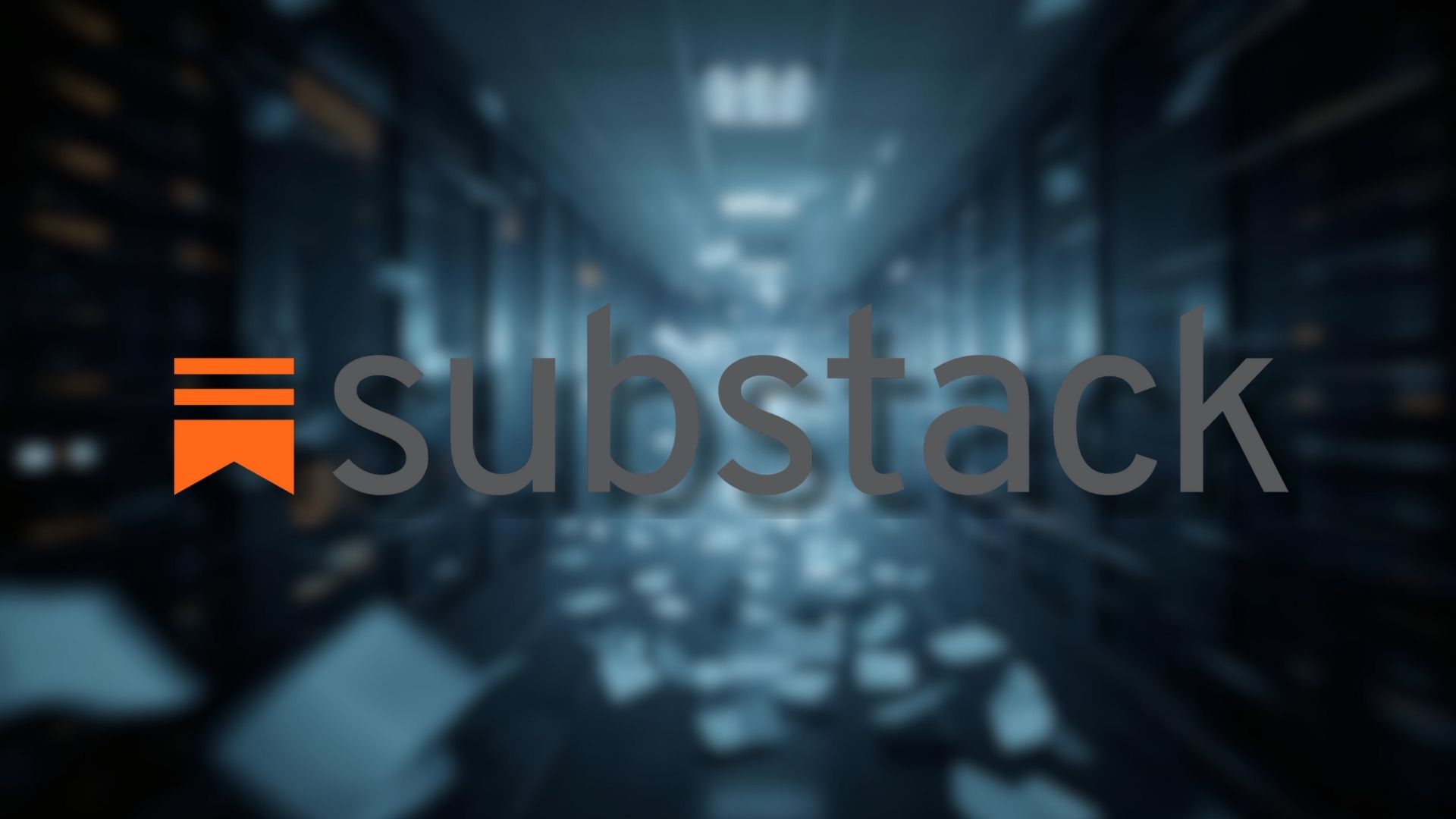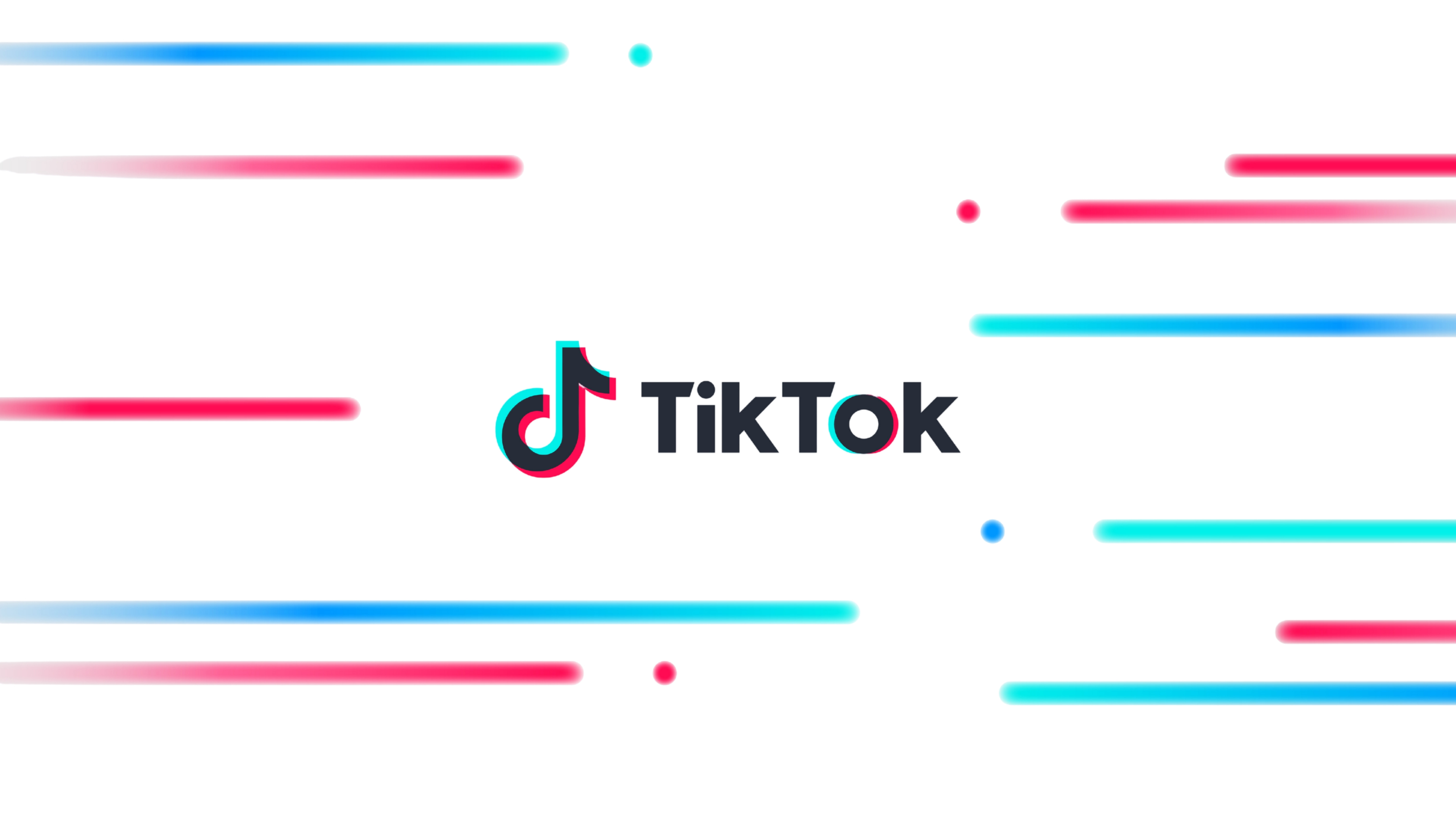A data professional, Warren Rajah, was escorted out of a Sainsbury’s supermarket in south London after staff incorrectly believed he matched an offender flagged by Facewatch facial recognition technology.
Facewatch later confirmed that there were no alerts or records associated with him, and Sainsbury’s attributed the incident to human error rather than a software fault.
Rajah described the experience as humiliating and ‘Orwellian’, criticising the lack of explanation, absence of a transparent appeals process, and the requirement to submit personal identification to a third party to prove he was not flagged.
He expressed particular concern about the impact such incidents could have on vulnerable customers.
The case highlights broader debates around the deployment of facial recognition in retail, where companies cite reductions in theft and abuse. At the same time, civil liberties groups warn of misidentification, insufficient staff training and the normalisation of privatised biometric surveillance.
UK regulators have reiterated that retailers must assess misidentification risks and ensure robust safeguards when processing biometric data.
Would you like to learn more about AI, tech and digital diplomacy? If so, ask our Diplo chatbot!










